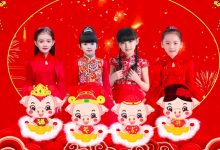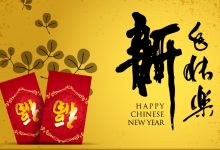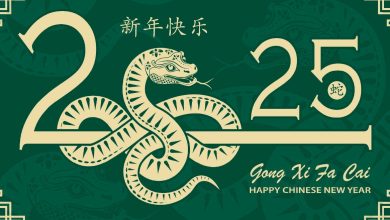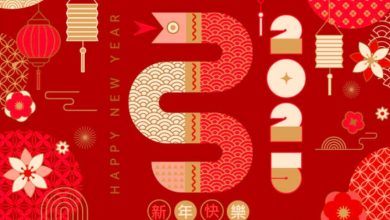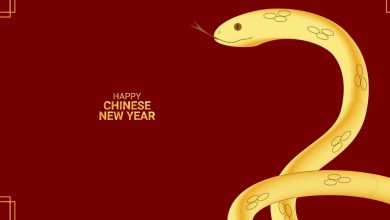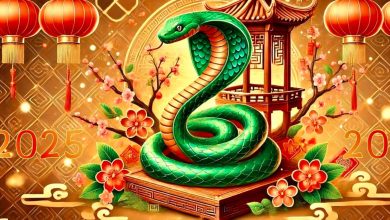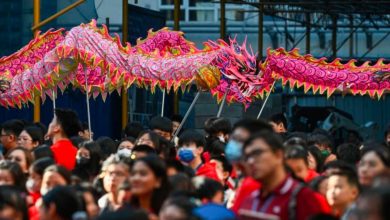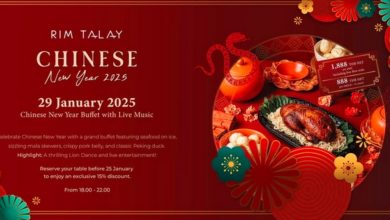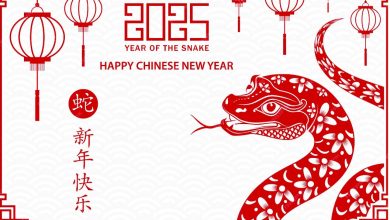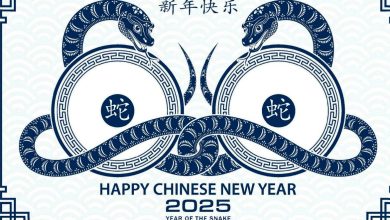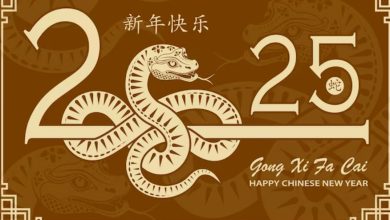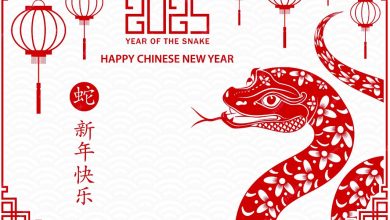Brunei chinese new year 2025
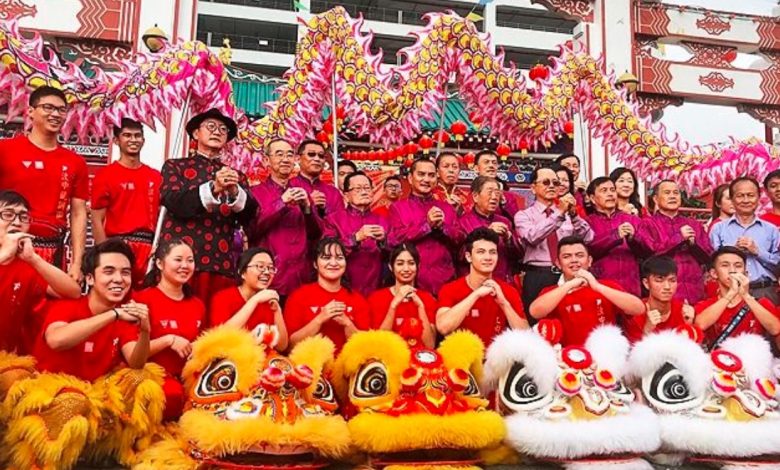
Chinese New Year, or Lunar New Year, is one of the most significant cultural celebrations observed by the Chinese community in Brunei and around the world. In 2025, the festival begins on Wednesday, January 29, marking the start of the Year of the Snake, the sixth animal in the Chinese zodiac. While Brunei is a predominantly Malay-Muslim country, its multicultural society ensures that the Chinese New Year celebrations are vibrant, meaningful, and inclusive, reflecting the nation’s harmonious coexistence of diverse cultures.
The Significance of Chinese New Year in Brunei
Chinese New Year holds a special place for Brunei’s Chinese community, which makes up around 10% of the population. It is a time for family reunions, cultural traditions, and spiritual reflection. The celebration focuses on themes of prosperity, good fortune, and renewal, aligning with the broader values of community and harmony that Brunei embraces.
Although Chinese New Year is not an official public holiday in Brunei, the festive atmosphere is evident in neighborhoods, temples, and Chinese-owned businesses. The Chinese community in Brunei has contributed significantly to the country’s economy and culture, and the celebration of Chinese New Year is a testament to the nation’s rich multicultural fabric.
Traditions and Customs in Brunei
Chinese New Year in Brunei is celebrated with a blend of traditional practices and localized customs. Here are some of the key traditions observed during the festive period:
1. Preparations and Decorations
- Cleaning the Home: In the days leading up to Chinese New Year, families thoroughly clean their homes to sweep away bad luck and make room for good fortune. This tradition symbolizes a fresh start for the coming year.
- Red Decorations: Homes, shops, and temples are adorned with red lanterns, couplets, and banners with auspicious phrases such as “Gong Xi Fa Cai” (恭喜发财), meaning “Wishing You Prosperity.” The color red is believed to ward off evil spirits and bring good luck.
- Snake Symbols: As 2025 is the Year of the Snake, decorations featuring snake motifs are prominently displayed, symbolizing wisdom, transformation, and adaptability.
2. Reunion Dinners
- The reunion dinner on New Year’s Eve is a highlight of the celebration, bringing family members together to share a lavish meal. Traditional dishes such as dumplings, steamed fish, roasted meats, and glutinous rice cakes (nian gao) are prepared, each carrying symbolic meanings of wealth, health, and prosperity.
- In Brunei, Chinese families may incorporate local flavors and ingredients into their meals, reflecting the country’s culinary diversity.
3. Visiting Temples
- Temples such as the Teng Yun Temple in Bandar Seri Begawan, the capital of Brunei, become bustling centers of activity during Chinese New Year. Families visit temples to offer prayers and seek blessings for the year ahead.
- Incense burning, offerings of fruits, and lighting candles are common practices to honor ancestors and deities, expressing gratitude and hope for a prosperous year.
4. Lion Dances and Firecrackers
- Lion and dragon dances are performed at various locations, including temples, shopping centers, and Chinese-owned businesses. These performances are believed to bring good luck and drive away evil spirits, with their vibrant costumes and rhythmic drumbeats captivating audiences.
- Firecrackers, while traditionally used to scare off bad luck, are subject to regulations in Brunei. However, symbolic performances and sound effects often replace traditional firecrackers to maintain the festive spirit.
5. Red Envelopes (Ang Pow)
- Elders give red envelopes filled with money to children and younger relatives as a gesture of good luck and blessings. The practice is a cherished tradition that symbolizes the transfer of prosperity and good fortune.
Celebrations Across Brunei
Chinese New Year in Brunei is celebrated both privately among families and publicly within the community. Although it is not a public holiday, various events and activities bring the festival to life:
1. Community Gatherings
- Chinese clan associations and community groups organize gatherings, cultural performances, and charity events to mark the occasion. These events foster a sense of unity and inclusivity, inviting people from all backgrounds to join in the celebration.
2. Shopping and Markets
- In the weeks leading up to Chinese New Year, markets and shopping centers are abuzz with activity. Stores stock traditional festive items, including Chinese snacks, decorations, and gifts. Seasonal delicacies such as pineapple tarts, bak kwa (sweetened dried meat), and mandarin oranges are especially popular.
3. School and Workplace Activities
- Schools and workplaces in Brunei often host small-scale Chinese New Year celebrations, featuring cultural presentations, traditional games, and food-sharing activities. These initiatives help promote cultural understanding and appreciation among students and colleagues of different backgrounds.
The Year of the Snake: Predictions and Symbolism
2025, the Year of the Snake, carries special significance in Chinese astrology. The snake is associated with qualities such as wisdom, intuition, and elegance. People born in this year are believed to be thoughtful, resourceful, and resilient, with a knack for overcoming challenges.
The element of Wood, which governs 2025, adds characteristics of growth, creativity, and adaptability to the Year of the Snake. This combination suggests a year focused on progress, innovation, and transformation—a theme that resonates with the aspirations of the Chinese community in Brunei.
Inclusivity and Cultural Respect
Brunei’s harmonious society ensures that Chinese New Year is celebrated with mutual respect and understanding among its diverse population. The festival offers an opportunity for Bruneians of all backgrounds to learn about Chinese culture, enjoy traditional cuisine, and participate in community events. It also serves as a reminder of the importance of preserving cultural heritage while fostering unity.




